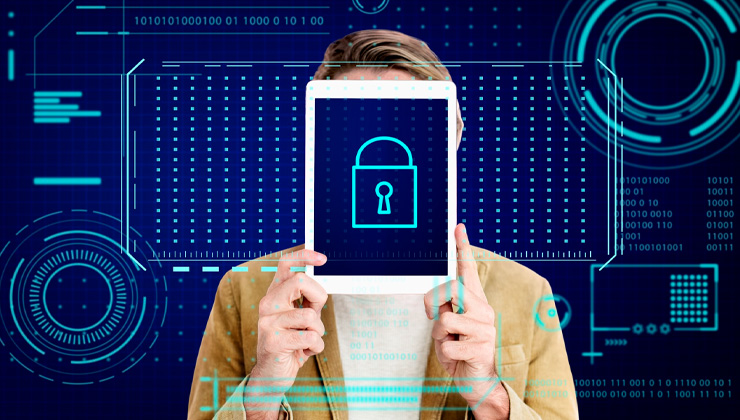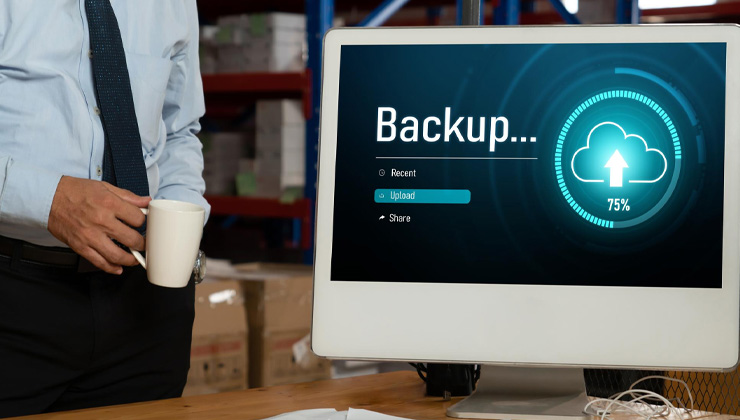
In today's hyper-connected world, safeguarding your digital life is no longer optional-it's essential. With more of our personal and financial information stored online, cybercriminals are always seeking ways to exploit vulnerabilities. Protecting yourself from cyberattacks is a must, and while it may seem overwhelming, following key cybersecurity practices can keep your digital world secure.
Creating strong passwords is one of the simplest yet most effective ways to protect your accounts. Avoid using easy-to-guess passwords like "123456" or personal information like your name. Instead, craft complex combinations of upper- and lowercase letters, numbers, and special characters. Better still, use a password manager to generate and securely store unique passwords for all your accounts. This way, even if one account is compromised, the others remain protected.
Two-factor authentication (2FA) adds an extra layer of security. By requiring a second verification step-such as a code sent to your phone-you make it significantly harder for hackers to access your accounts, even if they have your password. Enabling 2FA on sensitive accounts like email and banking can drastically reduce the chances of unauthorized access.
Outdated software is an open door for hackers. Regularly updating your operating systems, apps, and antivirus software is critical for closing security loopholes. Software updates often include security patches that address vulnerabilities, so turning on automatic updates is a good habit to protect your devices without needing to think about it.
Phishing attacks, where cybercriminals trick you into providing personal information, are alarmingly common. These attacks often come in the form of fake emails or websites pretending to be trustworthy. Never click on suspicious links or download unexpected attachments. Always double-check the sender's details and, if in doubt, visit websites directly rather than clicking on links in emails.
Your home Wi-Fi is a gateway to your digital life. Ensure it's secure by changing the default router password and enabling strong encryption like WPA3. This prevents outsiders from accessing your network and potentially stealing personal information. If you need to use public Wi-Fi, consider using a virtual private network (VPN) to encrypt your connection and keep your data safe.
Be cautious about what personal details you share online, particularly on social media. Hackers can use seemingly harmless information, such as your pet's name or your birthdate, to crack security questions or passwords. Review your privacy settings regularly and limit the amount of personal data you disclose publicly.

Backing up your data is essential, not just to prevent loss from cyberattacks but also from technical failures. Store your important files on an external hard drive or in the cloud so that, in case of a ransomware attack or hardware failure, you can easily recover your data.
Cybersecurity is essential for anyone navigating the digital world. By following these basic practices-strong passwords, two-factor authentication, regular updates, and a cautious approach to emails and public Wi-Fi-you can dramatically improve your defenses against cybercriminals. Proactive steps today can save you from significant losses tomorrow. Stay vigilant and protect your digital life.
Consumers Guide membership grants you early bird access to the latest tech gadgets on the market, as well as huge discounts that aren't available to anyone else. Sign up below to receive all the latest deals on tech gadgets that are ideal as gifts for any occasion, before they're available to the mass market. Membership of Consumers Guide is completely free - no strings attached! Once you sign up, you will occasionally receive newsletters sent to your inbox with all the latest and greatest gadget discounts and deals - you also can unsubscribe at any time. To join for free, simply enter your e-mail below and click "Subscribe":